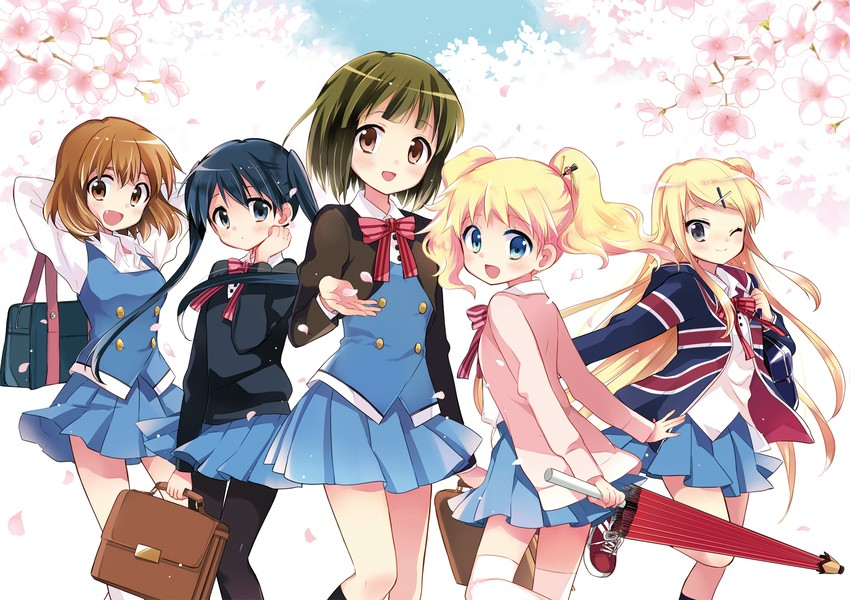
This is a really nice and informative thread and sheds lights on the literary meaning and connotation between 義兄 as it relates to traditional Chinese culture.
"Sworn brothers" is a Chinese literary trope hundreds of years old. (1/6)
"Sworn brothers" is a Chinese literary trope hundreds of years old. (1/6)
https://twitter.com/_yuuuchen/status/1318750506919972864
"Adopted brother" is an interesting translation but not entirely accurate. In Chinese culture, a sworn brother is not literally member of your family, but the concept focuses on comradery and brotherhood. (2/6)
The second point is homosexuality in Chinese literature, which also dates back at least 1000 years. Homosexuality was not persecuted, nor was it considered a slight against one's masculinity.
Sworn brothers having romantic relationship? You betcha it was a literary trope (3/6)
Sworn brothers having romantic relationship? You betcha it was a literary trope (3/6)
Throughout much of Chinese history, literacy was reserved for the elite, so discussion of eroticism were shrouded in allusion and metaphor. But the Ming Dynasty marked the height of erotic and romantic literature in China (15th-16th century) (4/6)
So much of the "discourse" about the "problematic" shipping of Keaya and Diluc calling it "incest" is misguided, and fail to understand the language and context of the original Chinese source material.
It's "bros in love". Not literally "brothers" (5/6)
It's "bros in love". Not literally "brothers" (5/6)
The people QRT'ing the original tweet calling it disgusting and incestous are dismissing a story written by Chinese creators influenced and contextualized by Chinese culture.
The west did not invent homosexuality. The west did not invent shipping. (6/6)
The west did not invent homosexuality. The west did not invent shipping. (6/6)
• • •
Missing some Tweet in this thread? You can try to
force a refresh




